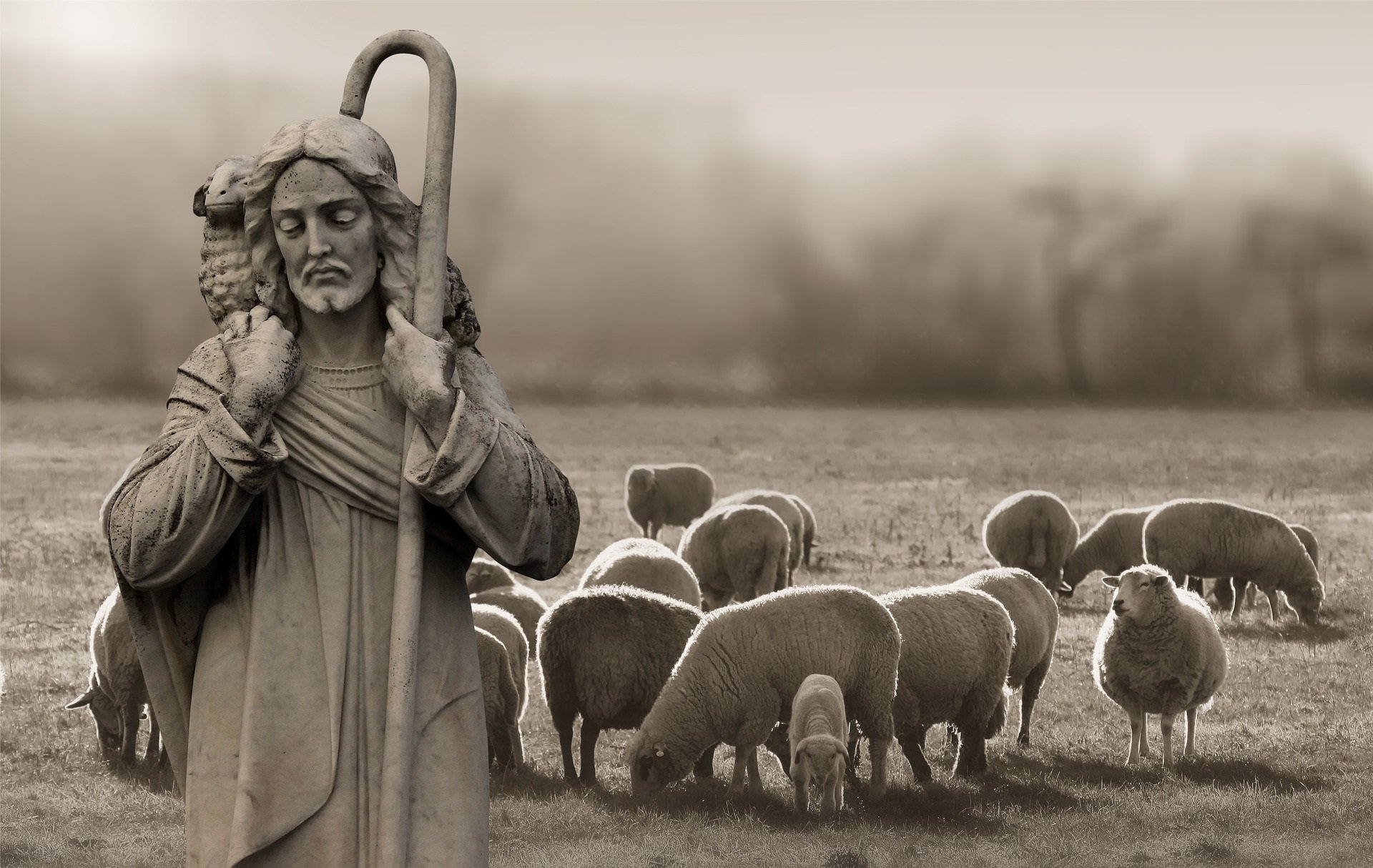Written By Ali Thornton
April 14, 2023
We are proud to present our second Golden Carrot Award to Kate Huston and the staff at Anderson School for their commitment to making the school cafeteria a space where students can comfortably explore their boundaries with food, eat delicious local, scratch-cooked meals, and be part of a vibrant school community!
Kate grew up around gardening and food, which she has carried throughout her entire career. From working in the produce section of the Bozeman Co-Op to learning about the farm to table movement as a a farmer with a small CSA operation, teaching and starting a gardening program for her students, and operating a catering business, Kate has always strived to include local food into whatever she is doing.
In 2022, Kate became the Food Service Director at Anderson School. She says the job fell into her lap, but she couldn’t be happier! It’s the job she plans on retiring with.
In the first year, there was a steep learning curve; despite her impressive background, Kate didn’t have any food service experience and she had to familiarize herself in a new kitchen space and cooking environment. She said the biggest struggle that first year was learning how to navigate OPI and new software systems. But that didn’t stop her from making change in the cafeteria.
In the first year at Anderson, Kate not only reimagined the school food menu, but reduced the cafeteria’s pre and post food waste to zero, created zero plastic waste at the salad bar, and started scratch cooking meals, including the soup options! But Kate didn’t stop there.
This year, Kate has worked to incorporate as much local food as possible, including using the Montana Marinara sauce and creating a partnership with Pioneer Meats. Her goal is to highlight small farmers and ranchers across Montana who may not have access to larger markets. Kate has also worked to continue to push students’ boundaries with food by cooking recipes from around the world, including recipes from Europe, South America, and Africa. Of course there have been some challenges along the way, but if even one student says they tried and liked the new food, she’ll reintroduce it on the menu. This has encouraged kids to keep trying new foods and Kate has had a large success rate through this process. Meanwhile, Kate has also made sure that each recipe has zero added sugar or sodium, to ensure both teachers and students can have a productive day of learning.
Kate isn’t done though: she still plans on reimagining the school cafeteria space. By the end of this spring, Anderson will finish building three school garden beds and a site to grow the Three Sisters. She plans on using these gardens to grow produce for the cafeteria and aims to have the salad bar comprised of 50% local food by 2024. These school gardens will also double as an education space: Kate has a three-year plan to continue to build and develop the gardens, so that by year three, each grade at Anderson will have their own school garden program, which will contribute to the food in the school cafeteria. This isn’t her only initiative of getting kids involved in the school cafeteria though: she’s created a program through Extension to have the 8th grade students meal plan, order, cook, and serve an entire meal for the school to teach them leadership and cooking skills. She also currently has each class develop a ‘dream lunch recipe’ each week, that has to meet nutrition standards, which she randomly chooses to incorporate into the following week’s meal plan.
Kate has a strong food philosophy, which Anderson has readily supported:
Kids should eat well, try new foods to push their boundaries in a safe environment, and know where their food comes from.
No child should ever go hungry.
We should support and celebrate our state’s amazing farming communities that are underutilized, especially in schools.
None of this work happens alone. Kate says it’s a whole community effort in the kitchen, from her amazing staff and parent volunteers to support from the school itself. They all work as a cohesive team where communication and respect for each other are paramount. This shows in the lunch line, where the food service staff and volunteers work like a well-oiled machine and students and school staff readily line-up for lunch. The comradery between everyone is palpable and truly something special.
Kate is extremely proud of her team and the work they do, and will continue to do, in the school cafeteria. Her advice to other food service staff, especially to those working in rural communities and schools? Realize you’re not alone. Ask questions, reach out for support, and take ownership of your program.
Kate has graciously given us permission to share her contact information to anyone interested in learning more about what she does and to create a support network for food service staff across the county. If you would like to reach out to Kate, email Ali at ali@gvfarmtoschool.org and she will connect you.
Thank you to Kate, her staff and volunteers, and Anderson School for all the work you do!
Reprinted With permission from Gallatin Valley Farm to School



















